

 Standard Member
Standard Member
Acalabrutinib Biological Activity
Description:Acalabrutinib is a novel, potent, and highly selective BTK inhibitor, with an IC50 of 3 nM and EC50 of 8 nM in in vitro assay.
Target:IC50: 3 nM (BTK in CD69 B cell)
In Vitro:Acalabrutinib inhibits tyrosine phosphorylation of downstream targets of ERK, IKB, and AKT, in the in vitro signaling assay on primary human CLL cells.
In Vivo:In the human CLL NSG xenograft model, acalabrutinib demonstrates on-target effects including decreased phosphorylation of PLCγ2, ERK and significant inhibition of CLL cell proliferation. Acalabrutinib significantly decreases tumor burden in the spleen of the mice. In the TCL1 adoptive transfer model, acalabrutinib treatment decreases phosphorylation of BTK, PLCγ2 and S6. Most notably, acalabrutinib results in a significant increase in survival compared to mice receiving vehicle[1]. Acalabrutinib (100 mg twice per day) assessed for thrombus formation at injured arterioles of the mice, exhibits more selective for inhibiting BTK and has virtually no inhibition of platelet activity.
Density:1.4±0.1 g/cm3
Molecular Formula:C26H23N7O2
Molecular Weight:465.507
Exact Mass:465.191315
PSA:118.51000
LogP:0.77
Index of Refraction:1.715

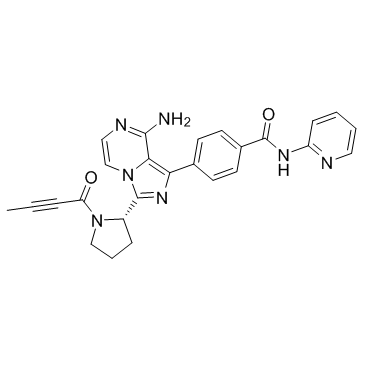
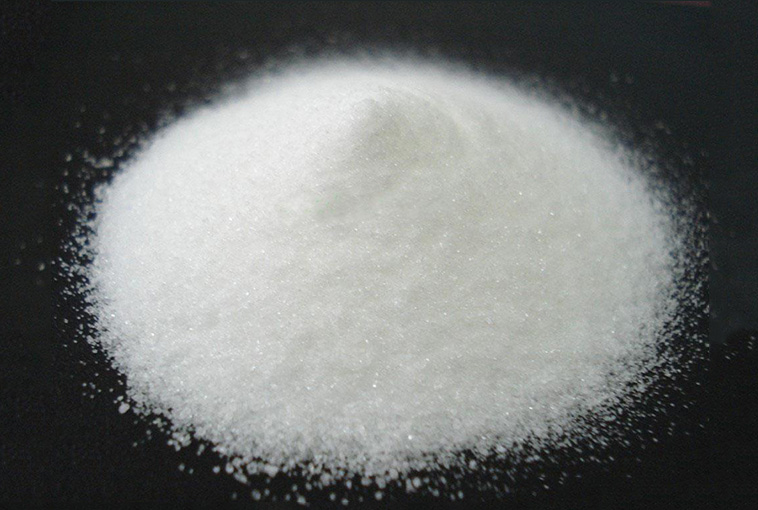
![4,5-dihydro-N-[(2-methylphenyl)methyl]-1H-Imidazol-2-amine](https://eimg.pharmasources.com/image/20230627/51NSpcxd0G7sinJFyfrPEyNTxRDSd5uE8CXRGEJ8.gif)
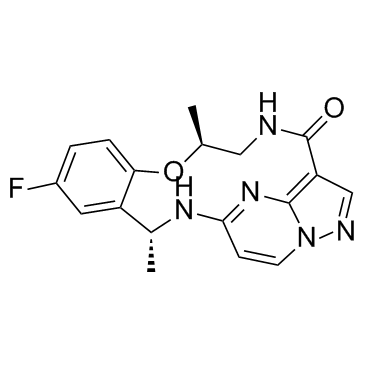
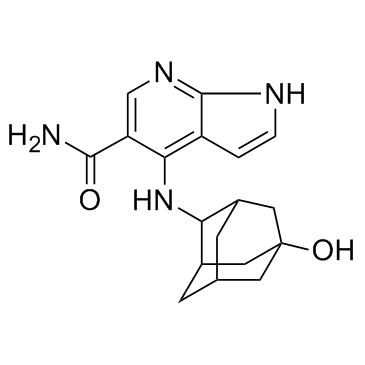
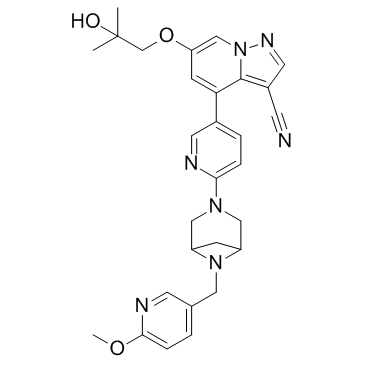
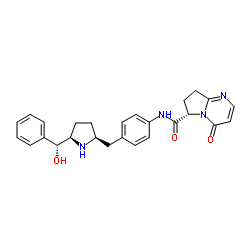
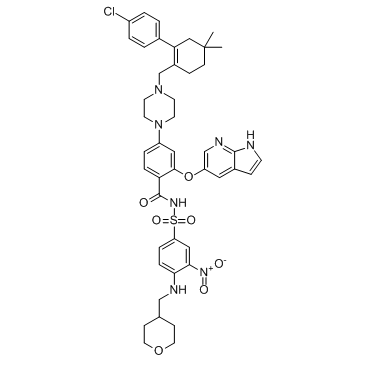

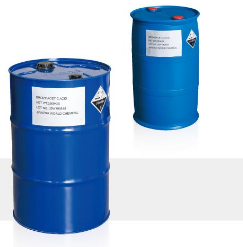


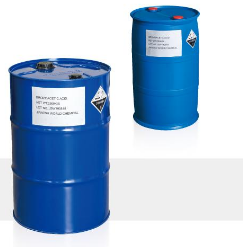
















 (All Rights Reserved)
(All Rights Reserved)